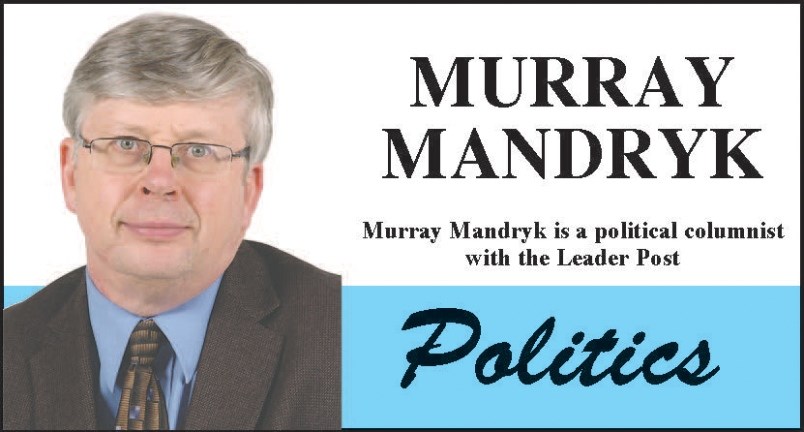They say religion and politics don’t mix, but nobody really ever explains why.
It’s really because there isn’t much compromise in our religious views, which is perfectly fine.
Politics, however, is all about compromise - not only just a need to compromise religious beliefs, but also a need to make concessions on a whole variety of views to fit the needs of a society that encompasses a lot of different views.
It’s early in the tenure of new Conservative Party of Canada leader Erin O’Toole, but it does seem he may be getting this concept in a way that Andrew Scheer perhaps didn’t.
In a free democracy, we are all entitled to our private religious beliefs. Frankly, we are all still entitled to our private beliefs on most anything.
It’s only when individuals spout their private views on personal matters - often, for the explicit purposes of converting others that they should share that view - that such views become a problem. And they especially become a problem for politicians who either promote specific views because they sincerely believe them or because they see some political advantage in promoting them.
This has become a significant problem for the Conservative Party _ a problem that O’Toole needs to address.
Since the demise of the old Progressive Conservative party that re-emerged without the “progressive” aspect in their title, some have questioned whether they can form a national government.
Well, clearly they can, as we have seen the past couple decades.
Stephen Harper - who will be seen as the father of the modern-day Conservative party - certainly held many social conservative views. But that didn’t prohibit him from leading the then very new party to 10 years in power (albeit, only one of his four elections produced a majority government).
For Harper and his era Conservatives, it was a matter of re-focusing on other things like the economy. It was also a matter of С����Ƶ able to address social issues when they come up, as Harper clearly did when he issued an apology to First Nations and Metis survivors of residential schools.
That the CPC, itself, would force Scheer to resign after just one in election in which he forced the Justin Trudeau Liberals into minority government territory and secured the most votes was an admission of something that was right.
For whatever qualities Scheer demonstrated as a family man who was personally likable, there was uneasiness both inside and outside the party that he could not be seen to separate his personal beliefs from party policy.
Whatever Harper’s personal views were on social issues, he defined himself as a fiscal conservative who would not change laws on issues involving things like women’s reproductive choice or protection of those in the LBGTQ community. (And make no mistake that there was considerable pressure on those inside and outside caucus to do so.)
Scheer, struggled in these areas. Coupled with the fact that many Canadians were looking for a leader with serious environmental policies, Scheer face an erosion of trust.
O’Toole seems to be determined not to make the same mistake and is perhaps better positioned to not repeat errors.
For starters, his voting record as an MP and minister in Harper’s government was one of pro-choice and supportive of LBGTQ issues.
In other words, he did not come to the helm of the Conservative party beholding to the social conservatives, although it was evident social conservatives were more comfortable with them than they were with rival Peter MacKay.
O’Toole has also sent out strong early signals his priorities will be Western alienation and support of the oil, gas and agriculture sectors.
This is critical not just for the CPC but also for the good of the country as a whole.
In his early days, O’Toole is demonstrating he gets it.




